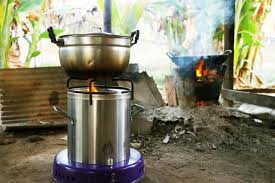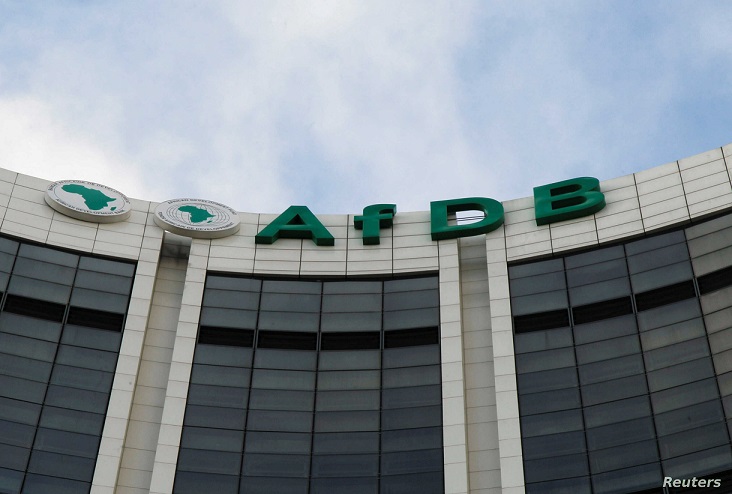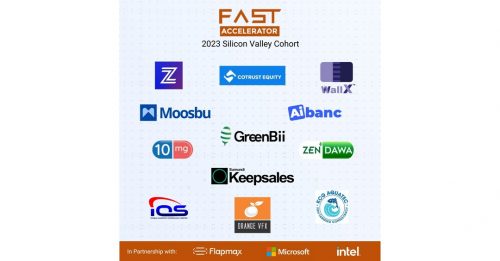The Nigerian government is set to transition one million households from firewood-based cooking to clean and sustainable energy solutions as part of its efforts to promote gender-responsive climate action.
The Minister of Women Affairs, Hajiya Imaan Sulaiman-Ibrahim, announced this during a citizen’s engagement news conference in Abuja, marking her first 100 days in office. She highlighted the initiative as a key step in addressing the impact of climate change on women, who are at the forefront of its challenges.
“Our participation at COP29 in Azerbaijan provided a platform to engage the international community on gender-responsive climate action. Women are critical in climate adaptation and mitigation strategies, and we are ensuring their voices, solutions, and leadership are integrated into these efforts,” Sulaiman-Ibrahim said.
Beyond clean energy, the minister outlined the government’s broader agenda for women’s economic empowerment. She revealed that the ministry aims to empower 10 million women economically by 2027, aligning with President Bola Tinubu’s vision of a $1 trillion economy where women play a central role.
To achieve this, the government has launched the World Bank-supported ‘Nigeria for Women Scale-Up Project,’ targeting 4.5 million women across the 36 states and the Federal Capital Territory. Through financial literacy training, business development support, and cooperative structures, the initiative seeks to equip women with the skills to build sustainable enterprises and contribute to economic growth.
Additionally, through the MOWA-SARA Accelerated Skills Acquisition Programme in partnership with WEMA Bank, 500,000 women will receive training in vocational skills, business entrepreneurship, and financial inclusion. The first phase of the programme is currently underway in Kano State, where 2,500 women are undergoing training at the Ministry of Women Affairs Centre in Dederi and the Kano Hospitality & Tourism Institute in Gyadi-Gyadi.
Recognizing the challenges women face in accessing finance, the ministry is also developing a National Microfinance Framework for Women Entrepreneurs. This initiative aims to provide affordable credit, investment opportunities, and gender-responsive financial services to bridge the financing gap and support business growth.
To address the economic hardships facing many families, Sulaiman-Ibrahim announced a food intervention program targeting women and vulnerable groups. By providing direct food assistance and supporting women-led agricultural initiatives, the government hopes to ease the financial burden on households while promoting food security.
The ministry has also launched a nationwide campaign to provide menstrual hygiene kits to 10,000 young girls, ensuring they stay in school and maintain their dignity. The initiative aims to tackle period poverty and support girls’ education by addressing a key barrier to school attendance.
Reflecting on her first 100 days in office, Sulaiman-Ibrahim described the period as one of “bold decisions, strategic partnerships, and measurable impact” but noted that more work remains.
Minister of State for Education, Dr Suwaiba Sa’id-Ahmad, commended the Women Affairs Ministry’s efforts, urging women to seize available opportunities for empowerment. She also stressed the need to improve education access, particularly for girls affected by early marriage, teenage pregnancy, and other socio-economic barriers.
“We want to increase access to education by reaching communities that lack opportunities. The Honourable Minister of Women Affairs is passionate about tackling these challenges, and her achievements in just 100 days show her dedication,” Sa’id-Ahmad said.
With these initiatives, the government aims to drive meaningful reforms that uplift women, promote sustainable development, and ensure gender equity in Nigeria’s economic transformation.










